Rural Payments Agency
Agency
- Funding for farmers, growers and land managers
- Rules for farmers and land managers
- Rural payments service: check for maintenance and downtime
- Update personal or business details in the Rural Payments service
- Sign in or register on the Rural Payments service
- Use Cattle Tracing System (CTS) Online
- Apply for a CPH number
- Register land or update digital maps for rural payments
- Extreme weather guidance
- Cross compliance
Featured
Record farmers in SFI schemes as government successfully allocates sustainable farming budget
Press release
More than 50,000 farm businesses are benefitting from farming schemes and more money is being spent through the Sustainable Farming Incentive (SFI) than ever
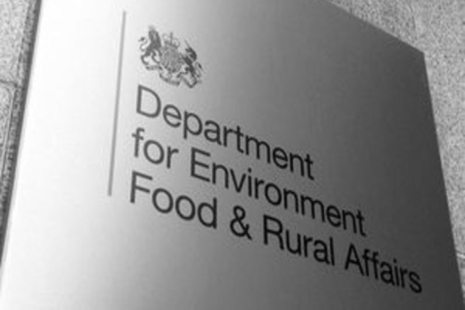
Farmers and land managers in England’s protected landscapes can now apply for funding from the Farming in Protected Landscapes (FiPL) programme until March 2026.
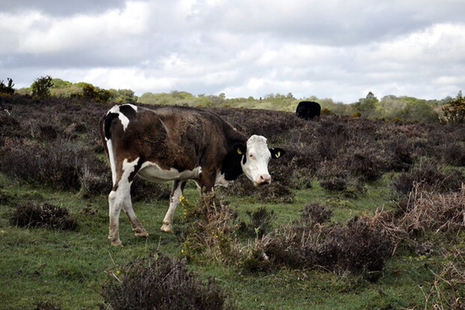
The Animal Health and Welfare Review offers farmers in England funded annual vet visits to check the health and welfare of their livestock.
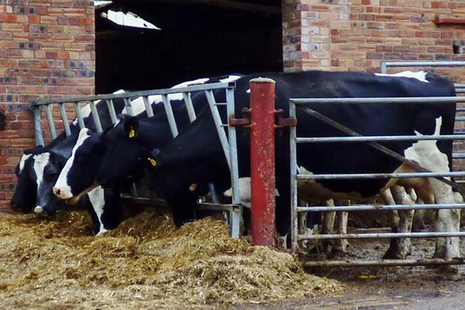
Today, Steve Reed, Secretary of State for Environment, Food and Rural Affairs, announced new opportunities to apply for productivity grants in 2025.
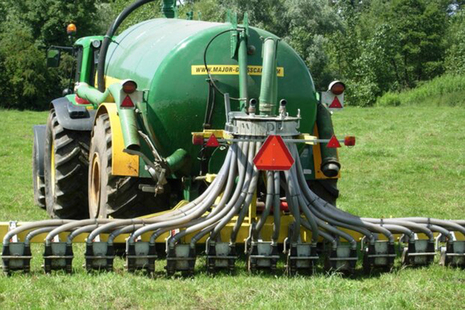
Government announces raft of new policies and major investment to boost profits for farmers
Press release
Environment Secretary to announce reform package to boost farmers’ profitability as part of the Plan for Change
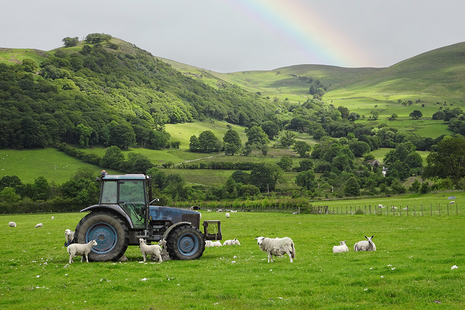
In this post, we provide an update on Higher Level Stewardship (HLS) and Countryside Stewardship Higher Tier (CSHT).
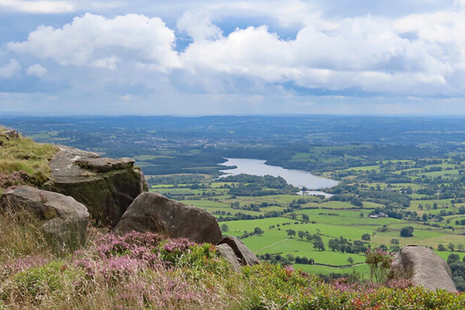
Latest from the Rural Payments Agency
What we do
We pay out over £2 billion each year to support a thriving farming and food sector, supporting agricultural and rural communities to create a better place to live.
RPA is an executive agency, sponsored by the Department for Environment, Food & Rural Affairs, supported by 1 public body.
Follow us
Documents
Transparency and freedom of information releases
Our management
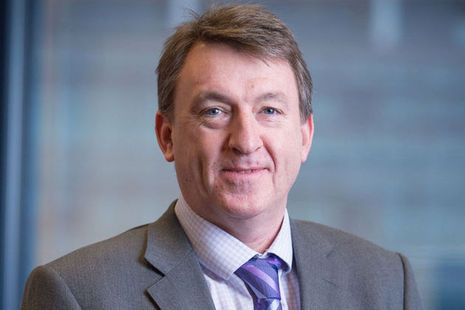
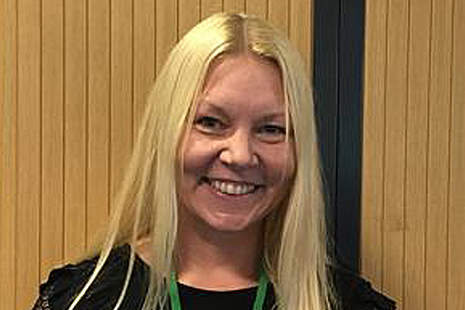


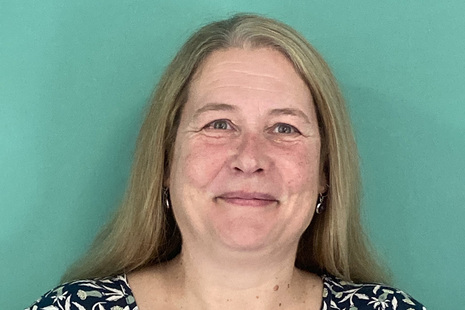
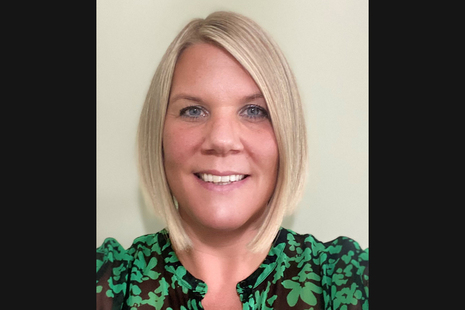
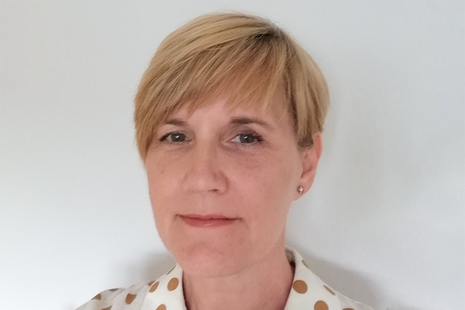
Contact RPA
Rural Payments Agency
Reading
RG1 3YD
United Kingdom
Main switchboard
03000 200 301
(Official correspondence only)
Find out about call charges at www.gov.uk/call-charges
Rural Payments Agency
PO Box 352
Worksop
S80 9FG
United Kingdom
Main switchboard
03000 200 301
General correspondence address
Defra rural services helpline
PO Box 352
Worksop
S80 9FG
United Kingdom
Defra rural services helpline
03000 200 301
Contact the Defra Rural Services helpline for farming-related advice from the Rural Payments Agency.
Monday to Friday, 8.30am to 5pm.
You should also call us 24/7 to report suspicion of notifiable disease in animals. Please choose the option for Animal and Plant Health Agency.
Find out about call charges at www.gov.uk/call-charges.
Cattle tracing
0345 050 1234 (General)
0345 050 3456 (Welsh)
RPA fraud line
PO Box 69
Reading
RG1 3YD
United Kingdom
Fraud line (freephone)
0800 347 347
If you suspect that a fraud has been committed, please let us know by e-mail or by calling the freephone fraud line.
Your details and the information you provide will be treated in the strictest confidence.
Agricultural Wages complaints
Rural Payments Agency
Sterling House
17 Dix's Field
Exeter
EX1 1QA
United Kingdom
Agricultural Wages Team
01392 315719
Search for 'agricultural wages complaint form' at www.gov.uk for more information.
RPA media enquiries
Seacole Building
2 Marsham Street
London
SW1P 4DF
United Kingdom
Telephone
03300 416560
Out of Hours (queries before 9am and after 6pm on weekdays, and on weekends and public holidays)
0345 051 8486
This telephone number is for press calls only. Please see above for helpline / main switchboard.
Make an FOI request
- Read about the Freedom of Information (FOI) Act and how to make a request.
- Check our previous releases to see if we’ve already answered your question.
- Make a new request by contacting us using the details below.
Rural Payments Agency
Rural Payments Agency
Eden Bridge House
Lowther Street
Carlisle
Cumbria
CA3 8DX
United Kingdom
Phone
03300 416 502
FOI requests can be made in writing only, either by post or by email. An EIR request can be made in writing or by phone.
High profile groups within RPA
Corporate information
Jobs and contracts
Read about the types of information we routinely publish in our Publication scheme. Find out about our commitment to publishing in Welsh. Our Personal information charter explains how we treat your personal information.